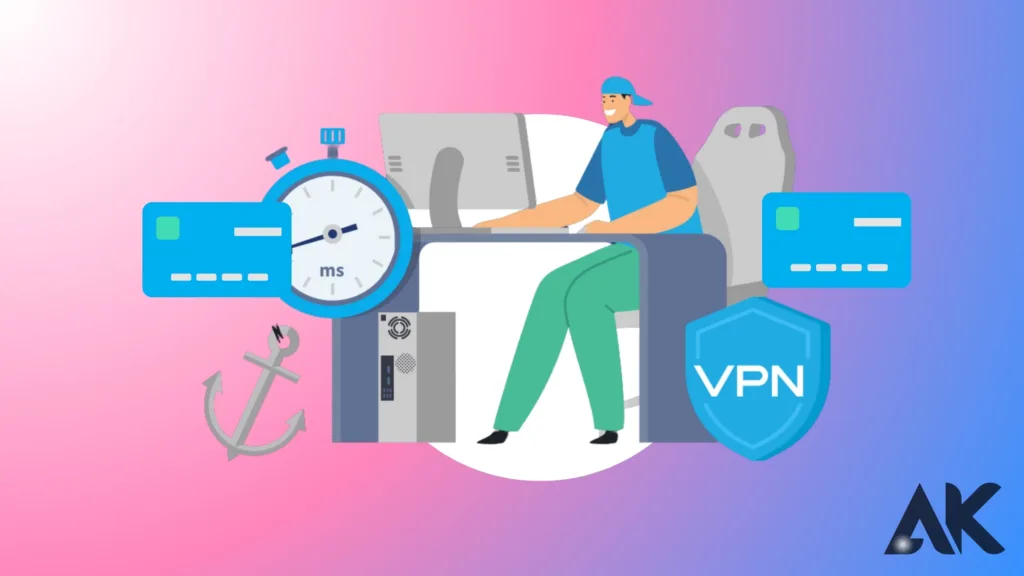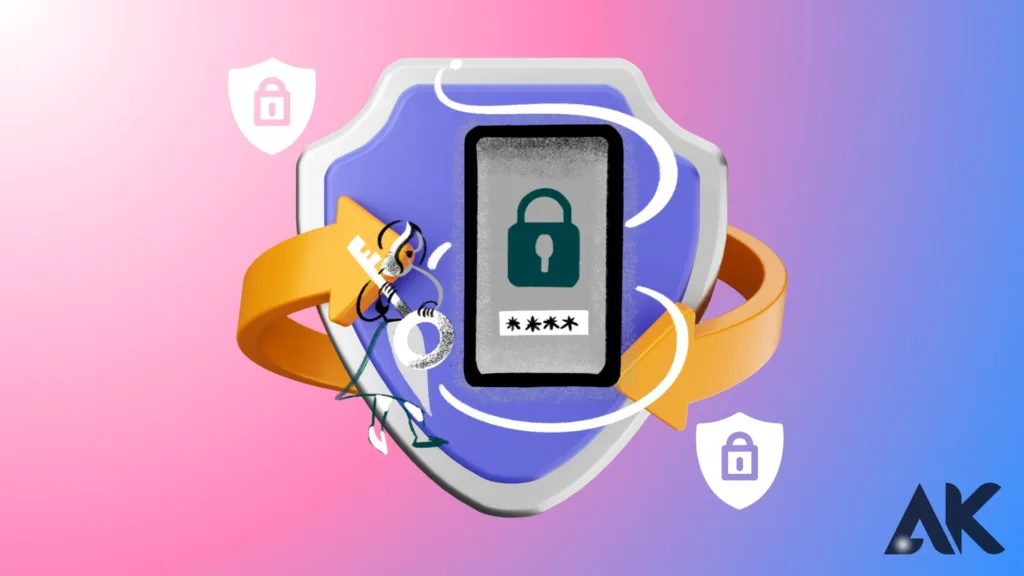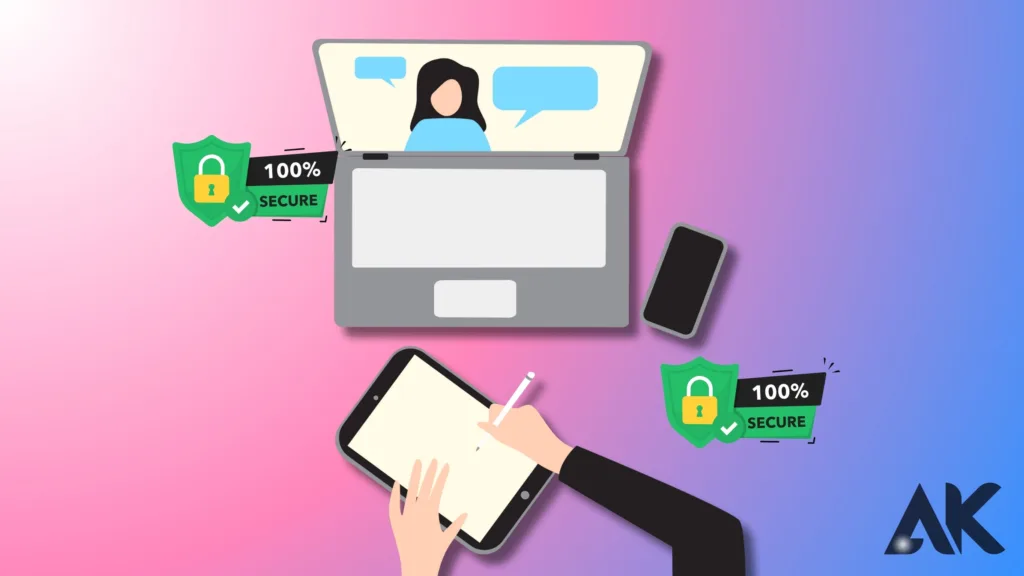Do school networks block websites you need? The simple answer—yes, they do. A VPN for school networks helps you bypass these restrictions, giving you access to blocked websites and ensuring online privacy.
Schools often limit access to social media, streaming sites, and even educational resources. With a VPN, you can enjoy unrestricted browsing while keeping your data secure from hackers and surveillance.
In this blog, we’ll explore 10 powerful benefits of using a VPN for school networks, from unlocking content to enhancing security. If you’re a student looking for more freedom online, keep reading to discover how a VPN can improve your internet experience at school!
What Is a VPN for School Networks?

What Is a VPN for School Networks?
A VPN (Virtual Private Network) encrypts your internet connection and routes it through a secure server, masking your real IP address. This makes it appear as if you’re browsing from another location, helping you bypass restrictions and stay anonymous online.
How Does a VPN Work?
- Encrypts your internet traffic
- Hides your IP address
- Allows access to blocked websites
- Protects data on public Wi-Fi
Now, let’s dive into the 10 powerful benefits of using a VPN for school networks!
1. Bypass Website Restrictions

Schools block access to websites like YouTube, social media, and even some research platforms. A VPN helps you bypass these restrictions, giving you access to the content you need for education and entertainment.
How a VPN Helps:
- Unblocks restricted websites
- Accesses educational resources freely
- Bypasses firewalls and censorship
Enhance Online Privacy

Using a VPN for school networks keeps your online activity private. Schools often monitor students’ browsing habits, but a VPN encrypts your connection, preventing tracking.
Why Privacy Matters:
- Stops schools from monitoring browsing history
- Prevents third parties from collecting data
- Keeps personal information secure
3. Secure Your Data on Public Wi-Fi
School Wi-Fi is a shared network, making it easy for hackers to steal sensitive information. A VPN adds a layer of security, encrypting your data and keeping it safe.
Risks of Public Wi-Fi:
- Data theft
- Hacking attempts
- Malware infections
A VPN ensures that your login credentials, messages, and personal data stay secure.
4. Access Geo-Restricted Content
Some educational websites and research papers are only available in certain countries. With a VPN, you can change your virtual location and access geo-restricted content easily.
How a VPN Helps:
- Unlocks global educational resources
- Accesses international research papers
- Enables free browsing without location limits
5. Prevent Bandwidth Throttling
Some schools slow down internet speeds to limit streaming and gaming. A VPN for school networks hides your activity, preventing bandwidth throttling.
Benefits of a VPN:
- Enjoy faster browsing speeds
- Avoid slowdowns during streaming
- Improve overall internet performance
6. Protect Your Personal Information
Without a VPN, your personal data is vulnerable to cyber threats. Schools collect data from students’ browsing activity, which can be misused. A VPN encrypts your information, keeping it safe.
What a VPN Protects:
- Email and login credentials
- Financial and personal details
- Messages and browsing history
7. Use School Wi-Fi Without Risks
Some schools restrict VPN use, but many students still need protection. By choosing a stealth VPN, you can hide your VPN usage and stay secure while browsing.
How Stealth VPNs Help:
- Bypass VPN blocks
- Maintain secure access
- Avoid detection while browsing
8. Enjoy Uninterrupted Streaming and Gaming
Many students use school networks for entertainment, but restrictions often block gaming and streaming services. A VPN helps you access platforms like Netflix, Twitch, and Steam.
VPN Benefits for Entertainment:
- Watch Netflix, YouTube, and Hulu
- Play online games without restrictions
- Avoid lag and buffering issues
9. Improve Remote Learning and Collaboration
Online learning platforms and communication tools like Zoom or Google Meet may be restricted on school networks. A VPN helps you connect without issues.
How a VPN Supports Learning:
- Unblocks remote learning platforms
- Enhances video call quality
- Ensures smooth online collaboration
10. Stay Safe from Cyber Threats
Cyber threats like hacking and phishing attacks are common on public networks. A VPN for school networks provides an extra layer of security, preventing unauthorized access to your data.
Cyber Threats a VPN Prevents:
- Phishing attacks
- Malware infections
- Unwanted data tracking
VPN for School Networks: Features Comparison
Here’s a comparison of key features to consider when choosing a VPN for school networks:
| Feature | Benefits for Students |
| No-Log Policy | Ensures browsing privacy |
| Encryption | Protects personal data |
| Fast Speeds | Prevents buffering and lag |
| Multiple Servers | Unblocks content worldwide |
| Stealth Mode | Bypasses VPN restrictions |
How to Choose the Best VPN for School Networks
When selecting a VPN, consider:
- Speed: Choose a fast VPN for smooth browsing.
- Security: Look for strong encryption and no-log policies.
- Server Locations: More locations mean better access to restricted content.
- Stealth Mode: Helps avoid detection by school firewalls.
Conclusion
A VPN for school networks is essential for students who want unrestricted internet access, enhanced security, and online privacy. Whether you need to bypass website restrictions, protect your data, or access geo-blocked content, a VPN offers numerous benefits.
If you’re looking for freedom, privacy, and security online, investing in a VPN is a smart choice. Ready to experience a better internet at school? Choose a VPN today and enjoy a safer, faster, and unrestricted browsing experience!
FAQs
Q1. Is it legal to use a VPN for school networks?
A. Yes, using a VPN for school networks is legal in most countries. However, some schools may have policies against VPN usage, so it’s best to check your school’s rules before using one.
Q2. Can a VPN help me access blocked websites at school?
A. Absolutely! A VPN for school networks allows you to bypass restrictions and access blocked websites, including educational resources, social media, and streaming services.
Q3. Will using a VPN slow down my internet speed?
A. It depends on the VPN provider. A high-quality VPN for school networks ensures fast speeds and prevents bandwidth throttling, giving you a smooth browsing and streaming experience.

